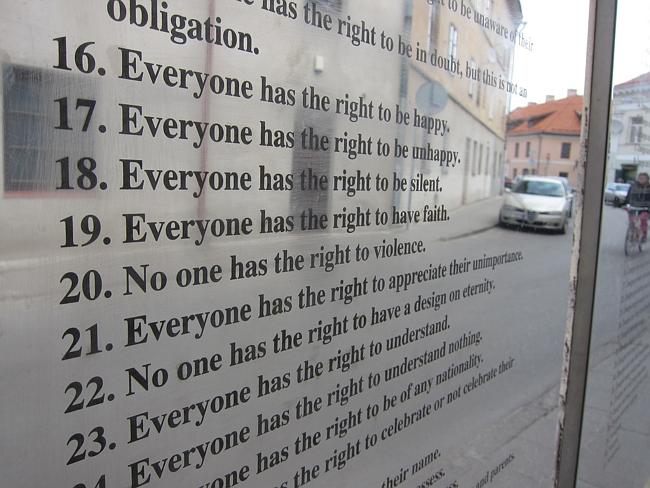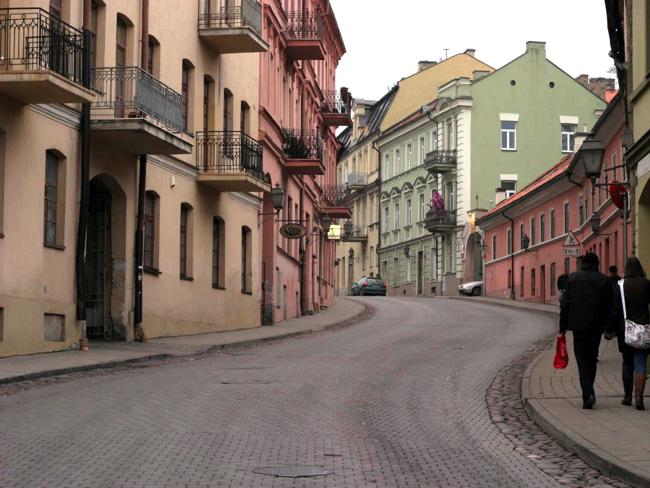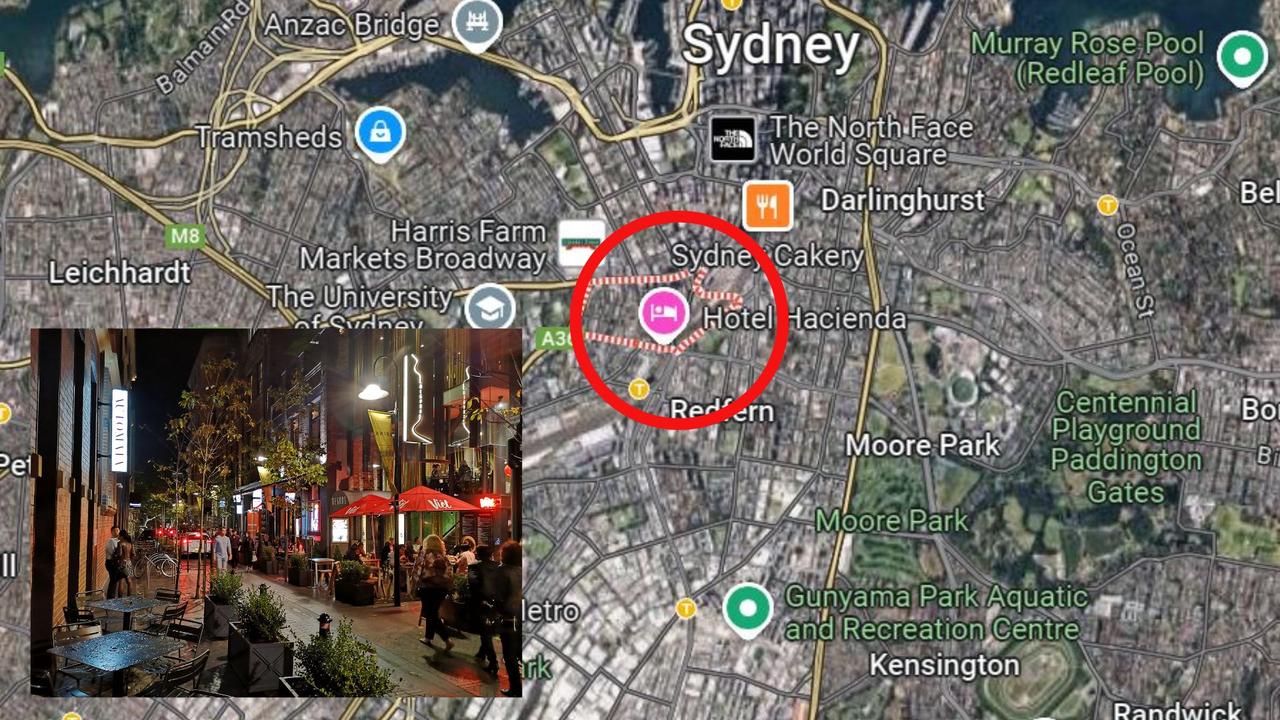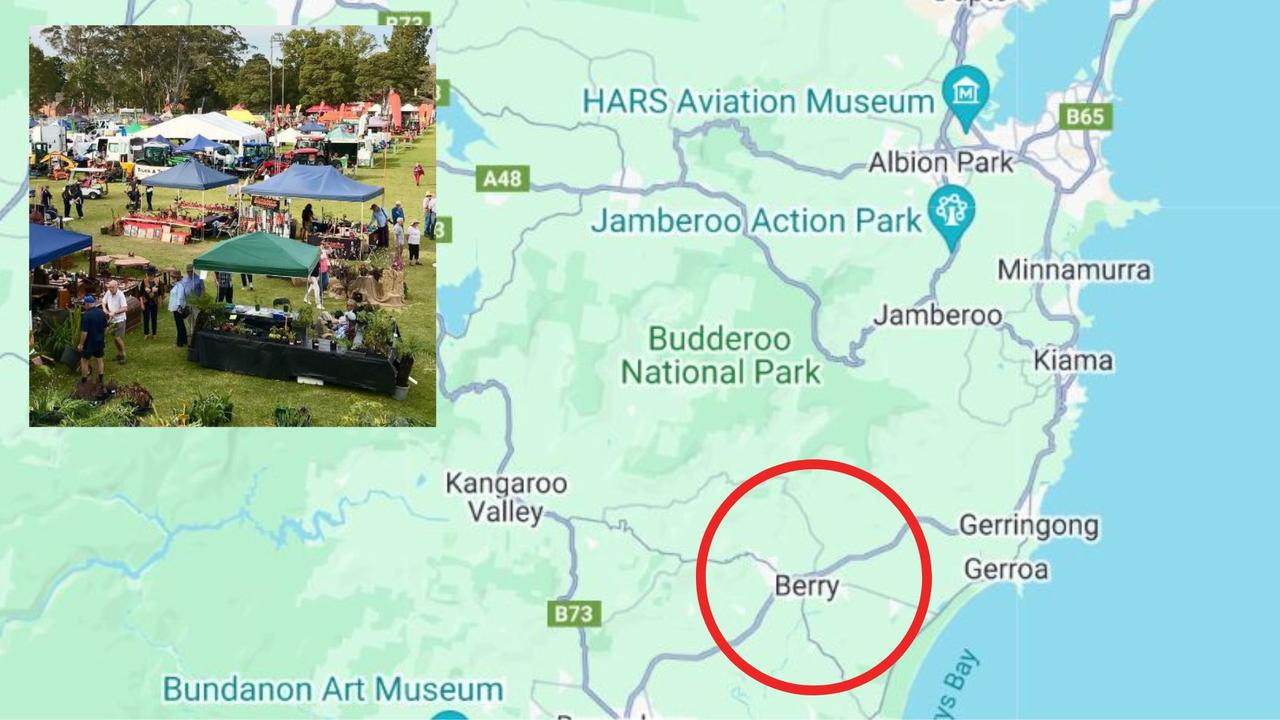Nine secret awesome spots to visit in Europe
FORGET the Vatican or the Eiffel Tower. Here are nine fascinating secret states and micro nations that are hidden around Europe.
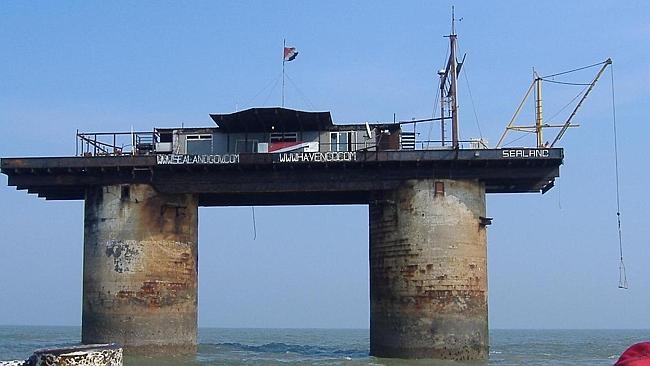
SICK of the usual tourist hot spots?
Well forget the Vatican or the Eiffel Tower, here are nine fascinating secret states, micro nations and radical republics hidden in Europe that you've probably never heard of before.
1. Sealand, UK (pictured above)
If it was recognised by the United Nations, it would be the smallest country in the world; but it's not. The Principality of Sealand is basically a rusting platform in the sea 10 kilometres off Suffolk, UK. But it has an interesting history - starting life as a sea fort strategically positioned to defend Britain from German air raids in World War Two, and actually manned by British troops.
In 1967 former infantry major Roy Bates founded the state, of which he was Prince Roy until his passing last year. Sealand issues its own passports, has its own currency and, with its motto of 'e mare Libertas' ('from the sea comes the freedom'), it is assured a warm place in British history forever.
2. Neutral Moresnet, Belgium
Fought and argued over by once-mighty empires, an unassuming trip of land between Belgium (once the Province of Liège) and western Germany (the Prussian Rhine Province) became a neutral state in 1816, thanks to an agreement between the two. It remained neutral until 1920, when Belgium took it back, but its chequered history continued, including it being declared world capital of the Esperanto community. Today the area is part of the province of Liege in Belgium, but you can still see 50 of its 60 border markers.
The 10 worst attractions in Europe
Also, here are some of the best attractions
3. Seborga, Italy
There's the Vatican. There's San Marino. But did you know that within the bounds of Italy flourish further states? In the 1960s a certain Giorgio Carbone, chief of a local flower- growers co-operative, floated the idea that Seborga, just inland from the Med and close to the French border, should regain its long-forgotten historic independence as a principality. The people thought he was on to something and soon Carbone was Prince Giorgio I, Prince of Seborga. Despite the Prince's death in 2009, the state goes on.
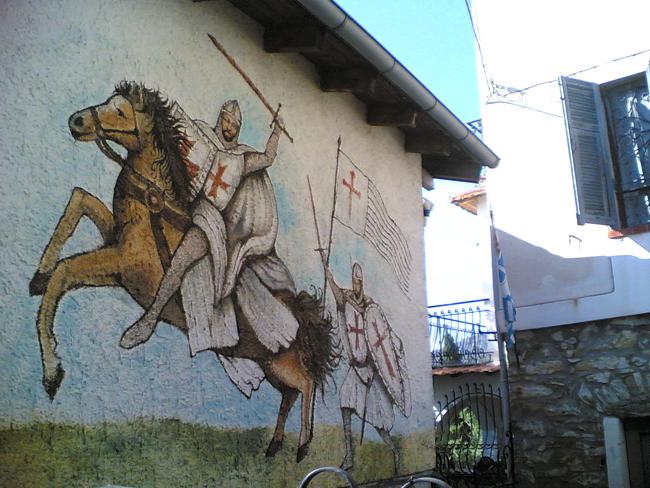
4. NSK, Slovenia
Can a state that does not exist and has no boundaries have embassies around the world? Apparently, yes. This is the case of the state of NSK, stands for Slowenische Neue Kunst (New Slovenian Art). 'Populated' by a community of artists and performers from Slovenian capital Ljubljana, its most famous inhabitants are rock band Leibach. You qualify for a visa to visit the 'state' by attending a Leibach concert, so there are a fair few thousand fans among the NSK populace.
5. Kugelmugel, Austria
In 1984, artist Edwin Lipburger built a spherical house in the Austrian countryside, to which he gave the name of Kugelmugel (literally, 'the ball on the hill'). But, Lipburger's work was not to the liking of the local authorities. To save Kugelmugel, he declared it an independent republic and made himself president. Lipburger's defiance in what became a high-profile case nearly landed him in prison, and in the end, the powers-at-be migrated the ball to Prater Park in Vienna. It is now a tourist attraction.
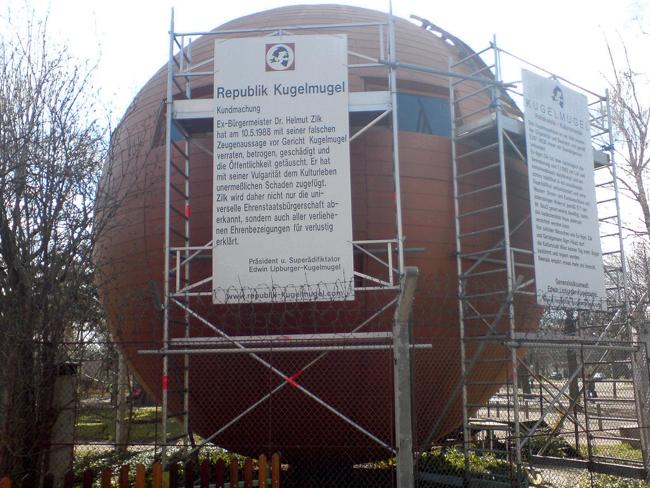
6. Alcatraz, Italy
Look a little closer at a map of Italy and it will reveal itself as a veritable united nations. Alcatraz in Umbria is an ecovillage that proclaimed itself first republic and then independent nation. Billing itself as 'a utopia in progress', the Alcatraz philosophy is based on 'word of honour and mutual respect'. Populated by a small community of eco-friendly dreamers, it has its own currency, issues passports and stamps.
7. Christiania, Denmark
Possibly the most famous self-declared independent community in the world, Christiania is a 'free town' within Copenhagen. Settled in 1971 by a group of hippies and artists who had rejected state control, it became a private city in itself. 'Lawless' Christiania is officially recognised by the Danish state and has ironically become one of the city's major tourist draws.
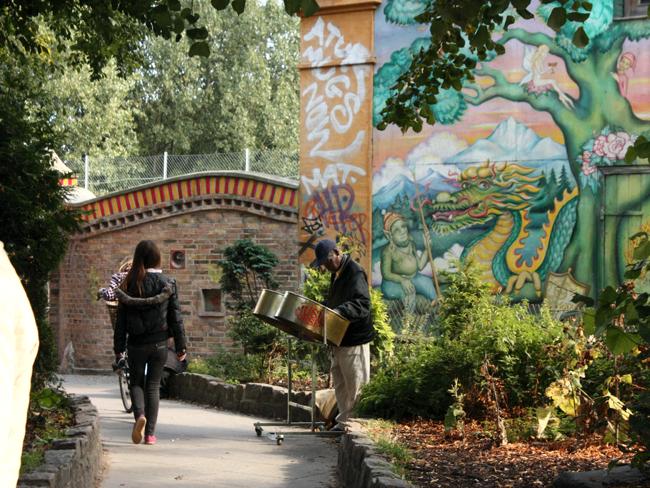
8. Mapsulon, Italy
Perhaps inspired by the example of Seborga, in 1996 the small mountain village of Maresca in the Apennine mountains near Florence declared independence and changed its name to Mapsulon. Among the independent state's first steps was to ban modernity, such as TVs, and going to the lengths of removing asphalt from the roads. So now it's only accessible on foot. As well as being fit, you'll need to brush up on your Toscan - the language of the locals.
9. Uzupis, Lithuania
A sign at the entrance of this micro-nation says: Užupio Res Publika (and also warns of the danger of driving into the river). The bohemian district of Vilnius, Lithuania, populated by artists, designers and art galleries, declared its independence in 1998. Uzupis has its own president, an official anthem and a genuine constitution with 41 laws, some rather unconventional; for example: "Everyone has the right to be idle". Indeed they do.
For more travel inspiration go to Skyscanner.com.au.
